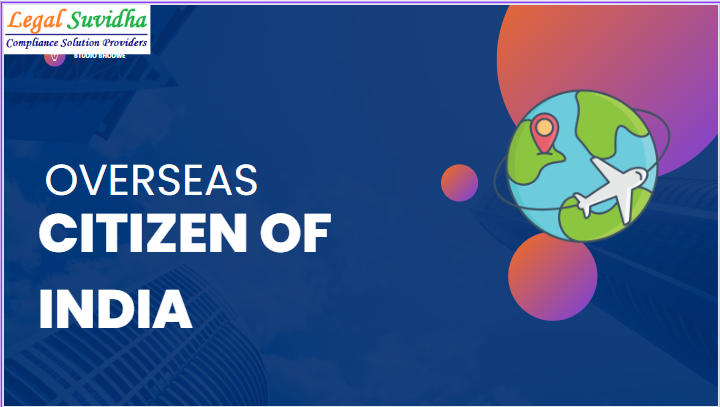Overseas Citizen of India (OCI) is a scheme introduced by The Citizenship (Amendment) Act, 2005 which provides permanent residency available to people of Indian origin and their spouses to live and work in India for an indefinite period. As of 2020, there are 6 million OCI card holders among Indian Overseas individuals.
Eligibility of OCI:
- Any individual who is a citizen of India on 26 January 1950 or at any time thereafter;
- Any individual who belongs to a territory that became part of India after 15 August 1947;
- Any individual who is a child or a grandchild or a great-grandchild of such a citizen.
- Any individuals who are a minor child of such persons mentioned above;
- Any individual is a minor child whose both parents are citizens of India or one of the parents is a citizen of India;
Non-eligibility of OCI:
The Indian government can revoke OCI status in a wide variety of circumstances. Some of them are
- Any person who has obtained OCI status by fraud or by misrepresentation.
- Any person who has committed a crime punishable with imprisonment of at least two years before five years of having issued OCI.
- Any person who has violated any local law, whether it is a petty misdemeanor or a serious felony.
- The OCI in response to demands for dual citizenship by the Indian diaspora. It provides Overseas citizens with many of the rights available to resident citizens.
- OCI status is not available to anyone who has ever been a Pakistani or Bangladeshi citizen, or who is a child, grandchild, or great-grandchild of such a person.
Benefits Available to An OCI Holder
- Overseas Citizenship of India allows a holder:
- Multiple entries, multi-purpose lifelong free visa to visit India.
- Exemption from registering FRRO of India on their arrival in the country or for any duration for a stay in India.
- Parity with NRIs in the educational, financial, and economic fields.
- Parity with Indian citizens for the enjoyment of public properties at the same cost.
- Can visit India for the purpose of conducting research after obtaining a NOC /Research Project Clearance Certificate from the Ministry of Home Affairs (MHA).
Restrictions On OCI Holders
- They do not have the right to vote, elect or hold the offices of the Prime Minister, President, Vice-President, Judge of the Supreme Court and High Court, or member of assemblies.
- They do not have the right to hold any office of public services (government jobs. They do not have the right to buy or hold any agricultural property except by inheritance.
- They are not eligible for an Inner Line Permit. Overseas Citizens of India need to apply for a protected area permit to perform certain activities and visit certain areas in India.
Post Views: 182


![Received an Income Tax Notice in India? Don’t Panic — Here’s Exactly What to Do [2025 Guide] 1 Income Tax Notice](https://legalsuvidha.com/wp-content/uploads/2025/12/Income-Tax-Notice.png)
![Cyber Crime FIR in India: How to File Complaint for Online Fraud, Banking Fraud & Digital Harassment [2025 Guide] 2 Cyber Crime Complaint](https://legalsuvidha.com/wp-content/uploads/2025/12/Cyber-Crime-Complaint.png)
![Trademark Infringement in India: How to File Legal Action & Protect Your Brand [2025 Guide] 3 Tradenark Infrigement](https://legalsuvidha.com/wp-content/uploads/2025/12/Tradenark-Infrigement.png)
![Property Title Verification in India: How to Check Clear Title in 7 Steps [Avoid Property Fraud – 2025 Guide] 4 Property Titles Verification](https://legalsuvidha.com/wp-content/uploads/2025/12/Property-Titles-Verification.png)



